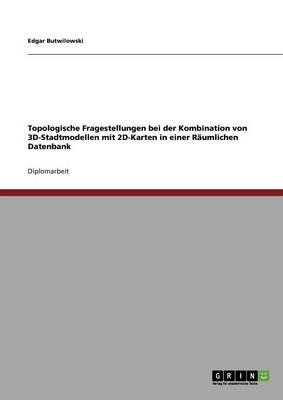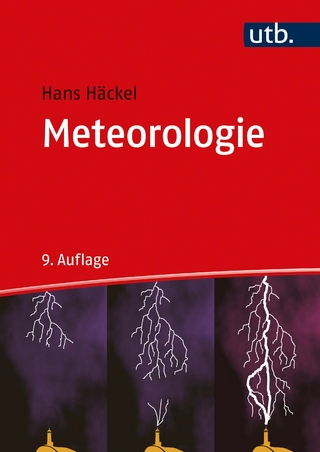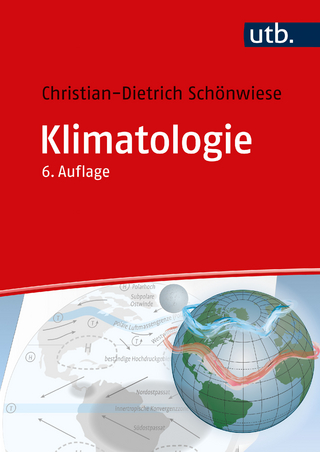
Topologische Fragestellungen bei der Kombination von 3D-Stadtmodellen mit 2D-Karten in einer Räumlichen Datenbank
Seiten
2009
GRIN Verlag
978-3-640-45593-5 (ISBN)
GRIN Verlag
978-3-640-45593-5 (ISBN)
- Titel ist leider vergriffen;
keine Neuauflage - Artikel merken
Diplomarbeit aus dem Jahr 2007 im Fachbereich Geowissenschaften / Geographie - Kartographie, Geodäsie, Geoinformationswissenschaften, Note: 1,5, Universität Osnabrück (Institut für Geoinformatik und Fernerkundung), Sprache: Deutsch, Abstract: The main theme of the diploma thesis at hand lies in the scope of modelling three-dimensional geodata. As three-dimensional data increasingly penetrate the world of geomatics, the question arises, how these can be modelled and governed in the surrounding field of Geographic Information Systems. Some answers to this question are given by the bundle project "Abstraktion von Geoinformation" promoted by the "Deutsche Forschungsgemeinschaft" (German Research Foundation), which supplies the background of this diploma thesis. A special topic in the bundle project is the modelling of topology, which is also examined in the subproject "Modellierung und Analyse der Topologie in Multiple Representation Databases" at the University of Osnabrück. A possible general approach to the modelling of topology is given by the Cellular Complexes. These play a vital role in the course of the diploma thesis and are implemented by so-called Generalized Maps.
The work presents an inventory of existing approaches for the shaping of three-dimensional city models, as well as for the governing of geometry and topology data. Thereafter origin, characteristics and possibilities of two- and three-dimensional Generalized Maps are explained. The usefulness of the Generalized Maps is demonstrated by an application example in 2D maps and 3D city models - in particular it is demonstrated by the construction of a three-dimensional building model (as a cutout of the city model of Osnabrück). Inter alia, algorithms for the search for celltuples and for the construction of an "orbit" (which is a topological circulation in a Generalized Map) are presented. In addition the performance of t
The work presents an inventory of existing approaches for the shaping of three-dimensional city models, as well as for the governing of geometry and topology data. Thereafter origin, characteristics and possibilities of two- and three-dimensional Generalized Maps are explained. The usefulness of the Generalized Maps is demonstrated by an application example in 2D maps and 3D city models - in particular it is demonstrated by the construction of a three-dimensional building model (as a cutout of the city model of Osnabrück). Inter alia, algorithms for the search for celltuples and for the construction of an "orbit" (which is a topological circulation in a Generalized Map) are presented. In addition the performance of t
| Reihe/Serie | Akademische Schriftenreihe |
|---|---|
| Maße | 210 x 297 mm |
| Themenwelt | Naturwissenschaften ► Geowissenschaften ► Allgemeines / Lexika |
| ISBN-10 | 3-640-45593-2 / 3640455932 |
| ISBN-13 | 978-3-640-45593-5 / 9783640455935 |
| Zustand | Neuware |
| Informationen gemäß Produktsicherheitsverordnung (GPSR) | |
| Haben Sie eine Frage zum Produkt? |
Mehr entdecken
aus dem Bereich
aus dem Bereich
Physische Geographie und Humangeographie
Buch | Hardcover (2020)
Springer (Verlag)
109,99 €


